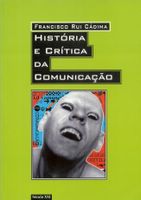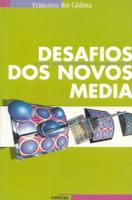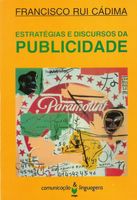Media Literacy Audit - Report on adult media literacy
Executive Summary
Ofcom’s definition of media literacy, developed after formal consultation with stakeholders, is ‘the ability to access, understand and create communications in a variety of contexts’. Media literacy gives people the confidence and knowledge to get the most out of the many media platforms that now exist.
In summary, our findings are as follows:
Television remains the most familiar, and popular, media platform for most people, with high levels of knowledge of the watershed (before which certain types of programme content, unsuitable for children, may not be shown), and how channels are funded. Although television is still mainly used for its ‘traditional’ functions, some 30% of those with digital TV say they have interacted with it.
Whilst the number of people in our survey who have access to digital radio services is high at 77%, one in three adults is unaware that they can listen to digital radio services through either their digital TV or internet service. 27% of all UK adults say they ever listen to digital radio, and of these, over two-thirds (68%) say they now listen to more radio stations as a result.
A key reason for people getting the internet is to access information, but there are many other reasons. Nearly three-quarters of internet users use email at least weekly. Levels of concern about internet content are higher than for other platforms, and concerns over entering personal details are prevalent. Interest and competence among internet users for various tasks is generally high, although nearly one-third are not confident about blocking email spam or computer viruses.
Mobiles are an ubiquitous media technology for the 16-24 age group. Younger people have embraced the enhanced functionality of mobile phones, whilst for older users they remain predominantly communications tools. However, the use of the mobile as a ‘memory device’ to look back at stored texts and pictures is commonplace for all age groups.
Age is a significant factor in media literacy. Over 65s have significantly lower levels of media literacy than other age groups. The research shows that amongst older people lower usage is partly attributable to a perceived lack of need for new digital services.
Take-up and usage of digital platforms among minority ethnic groups is higher than the UK average, partly because minority ethnic groups are younger than the UK population as a whole. However, the over 45s from minority ethnic groups have lower levels of media literacy compared to UK adults as a whole. Levels of trust in news, and knowledge of funding mechanisms and regulation, are lower overall. General levels of concern across the digital platforms are higher among ethnic minority groups than the UK average with the exception of the internet.
Levels of concern about programming and other types of content vary across platforms, with little concern over mobile content. Levels of self reported ability and understanding in relation to content controls indicate that for the internet, a sizeable minority are not confident about blocking viruses or email scams. Most people are not yet aware of content controls on mobile phones.
Levels of concern do not appear to be related to usage or uptake of the different media platforms, but are independent of these factors.
Many people, especially the elderly, say they prefer to learn media skills from family and friends and do so by themselves rather than in formal groups. The highest area of interest for many people is in learning how to use the internet. One third of people say they are interested in learning more about digital platforms and services.
The full document is available below
Media Literacy Audit - Report on adult media literacy [pdf] Full Print Version
Ofcom's Media Literacy Publications and Research









2 Comments:
Kip Keino, phone sex for woman Olympic gold medalist in the 1500 and the 3000 meter steeplechase,
from a speech urging young athletes not to use performance enhancing phone sex for woman. phone sex for woman
Hi, thanks for the informative blog! I'm a webmaster of jvc television
Enviar um comentário
<< Home